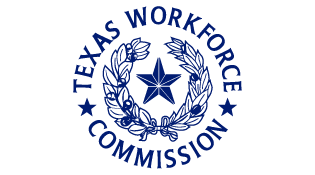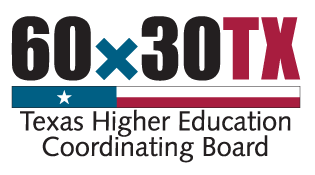Some college-bound seniors may be eligible for more financial aid than they were awarded this spring but will need to take steps to correct their information. Your students deserve to receive the full reward amount they’re eligible for. We know they’re going through the financial aid process for the first time and aren’t likely to know how to navigate this challenge. Don’t worry though, we’ve got the right information to share with your students and their families before school’s out for the summer.
Here’s the deal: Students and families who received unemployment benefits in 2020 but filed taxes before March 11, 2021, will need to request a correction to their untaxed income on their FASFA application.
Financial Student Aid (FSA) determines aid eligibility using tax information from previous years. Many families received unemployment benefits in 2020 and 2021, and these benefits were made non-taxable through the American Rescue Plan (ARP) Act.
However, the ARP Act didn’t kick in until mid-March 2021. So tax filers who received unemployment benefits in 2020 and filed taxes before March 11, 2021, will have a higher Adjusted Gross Income (AGI), because their unemployment benefits were included as income. This could impact a student’s eligibility for federal need-based aid. You can read more about the issue on the FSA website.
When financial aid administrators become aware that an applicant’s FASFA includes untaxed unemployment benefits, either in the applicant’s or parents’ AGI, those benefits should be removed. Unfortunately, the burden is on students to request a correction.
Fortunately, there are lots of resources available. Bottom Line is an organization committed to helping first-generation students from low-income backgrounds get to and through college. They’ve created a free resource for students to appeal for corrections to their financial aid awards.
Here’s how a student should go about requesting a correction:
- Collect the proper documentation they have of unemployment received in 2020.
- Confirm the appeal process for the school they plan to attend.
- Write an appeal. This can be concise and simple, just one or two sentences to explain their situation. SwiftStudent, whom we’ve recommended before, has a template students can use.
- Prepare for additional advocacy. Every financial aid office and officer is different, so it’s important to consider including the “Dear Colleague” Letter from the Department of Education.
When successful, students should expect to see adjustments in their Pell and state grants (if applicable). Depending on where students are planning to attend, some may also see an increase in institutional aid.





